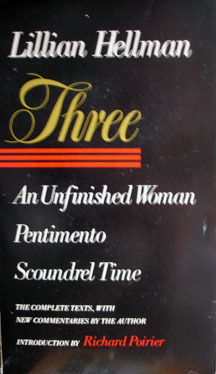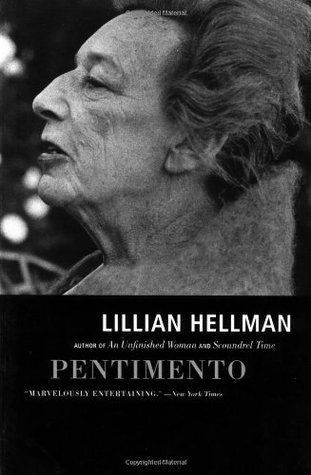
Three: An Unfinished Woman, Pentimento, Scoundrel Time
Book Description
Secrets unravel and betrayals cut deep in "Three: An Unfinished Woman, Pentimento, Scoundrel Time" by Lillian Hellman. This riveting collection weaves together sharp, unapologetic reflections of a life lived on the edge of truth and deception. With a masterful blend of memoir and drama, Hellman’s tales expose the raw tensions of personal ambition, moral conflict, and the shadows of a turbulent time. Fear, love, and defiance collide as powerful figures emerge and empires crumble. What does it truly mean to confront the ghosts of the past—and how far will one go to reclaim their story?
Quick Book Summary
"Three: An Unfinished Woman, Pentimento, Scoundrel Time" collects the three seminal memoirs of Lillian Hellman, each exploring a different facet of her complex life as a playwright, lover, and political witness in 20th-century America. Hellman intricately details her formative years, tracing her intellectual and emotional development amid personal relationships and social upheavals. She probes the interweaving of private betrayals with public scandal, especially as she confronts the era's fraught political climate, including McCarthyism. Throughout, Hellman reflects on memory, authenticity, and the construction of narrative while unmasking both her own contradictions and those of her time. Unapologetic, sharp, and deeply personal, Hellman’s collected memoirs offer a rich, compelling chronicle of ambition, artistry, and resilience.
Summary of Key Ideas
Table of Contents
The Formation of a Defiant Artist
Hellman’s memoirs offer a vivid portrait of her journey from a Southern childhood to a prominent literary figure, forging her artistic identity in a rapidly changing society. Her formative years are described with candor and affection, highlighting early influences and the sense of otherness that shaped her perspective. These recollections illuminate her later determination to carve out a place for herself in the male-dominated world of theater and literature.
Memory, Truth, and the Unreliable Narrative
She grapples with the complexities of remembering and narrating a life, emphasizing the inherent subjectivity of memory. Hellman acknowledges the unreliability of recollection, examining how stories evolve over time and how individuals may unconsciously reshape their past. This self-awareness permeates her work, creating an ongoing tension between honesty, self-protection, and self-mythologizing.
Personal Betrayals and Intimate Relationships
Interlaced throughout are tales of personal conflict—devoted friendships that strained under secrecy, romantic entanglements marked by passion and disappointment, and betrayals that left lasting scars. Hellman is especially candid about her tumultuous partnership with writer Dashiell Hammett, exploring themes of loyalty, loss, and the cost of living authentically amid societal judgment.
Political Conscience and Public Trials
Hellman situates her life story within the broader context of mid-century American political culture. She offers first-hand insight into the chilling era of McCarthyism, recalling her own defiance before the House Un-American Activities Committee. As she refuses to implicate others, Hellman wrestles with the burdens and moral ambiguities of political engagement, making her personal courage and convictions a central theme.
Reckoning with History and Legacy
Ultimately, Hellman’s work is an act of reckoning—drawing connections between individual narrative and collective history. She muses on the legacy of her choices, the impermanence of truth, and the enduring demands of integrity. By engaging deeply with her own contradictions, Hellman invites readers to confront the complexities of memory, justice, and what it means to live an unfinished life in tumultuous times.
Download This Summary
Get a free PDF of this summary instantly — no email required.





